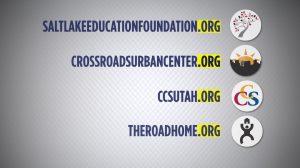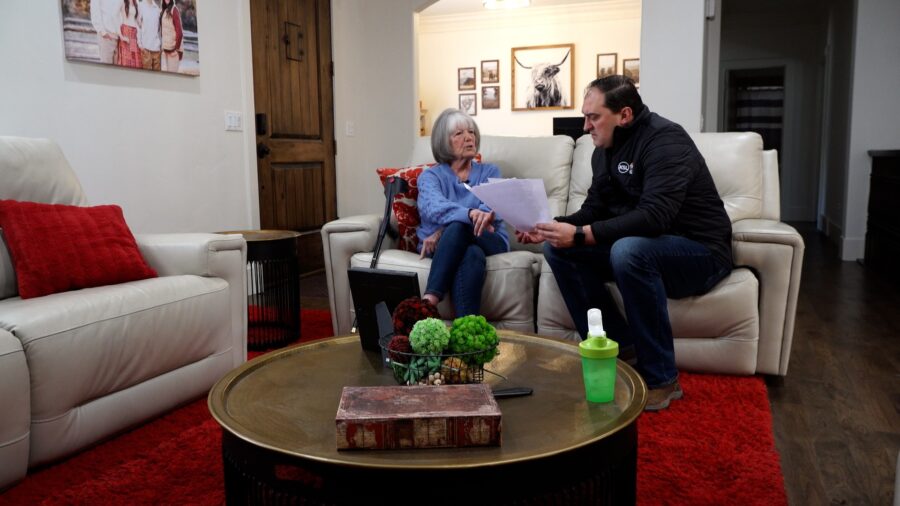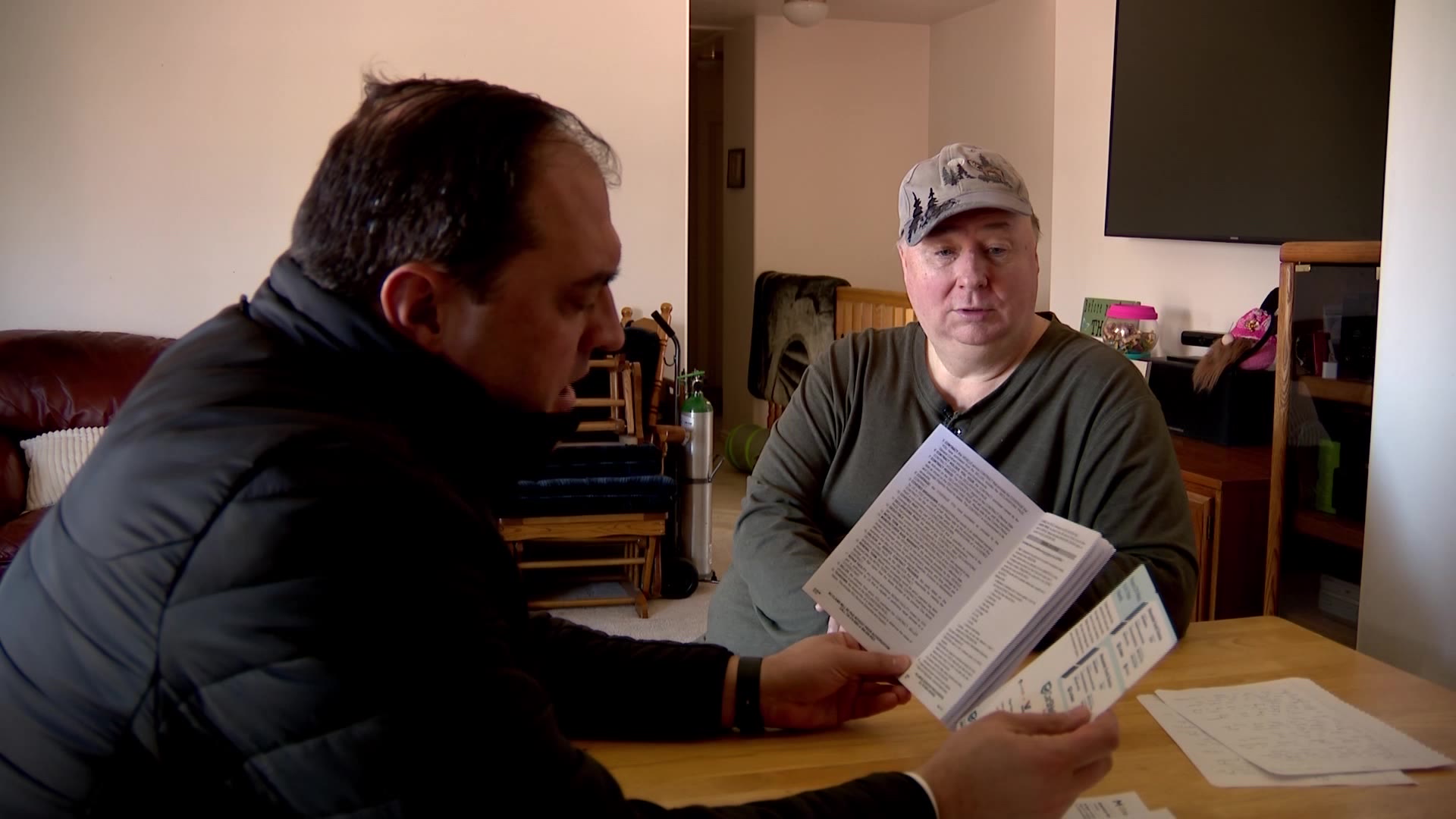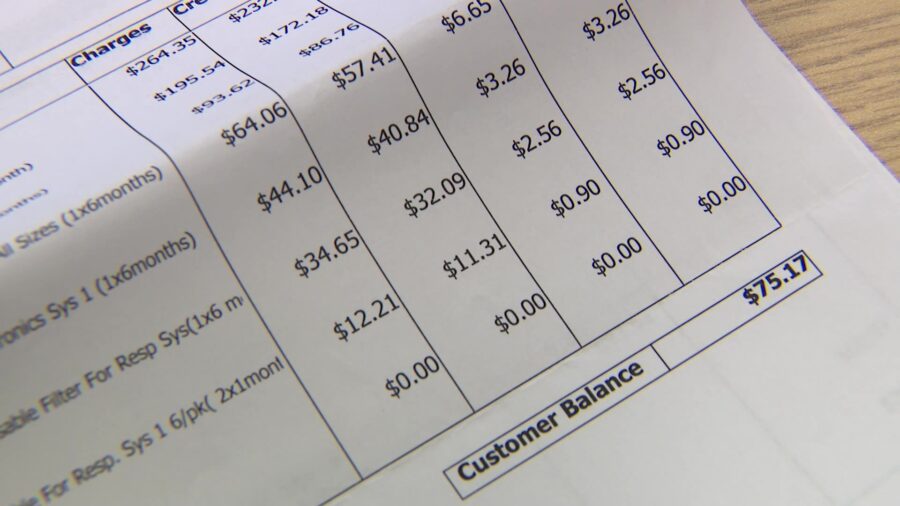Plan to Give To Charity This Holiday Season? What To Know Before Donating Online
Dec 7, 2020, 10:42 PM | Updated: 11:29 pm
SALT LAKE CITY, Utah – For years, the .org domain has been the internet sanctuary for nonprofits. Internet users tend to regard a website ending in .org as more trustworthy or non-commercial than a website using another extension such as .com or .net.
But if you donate money to an organization that uses .org in its web address, is your money really going to a charity?
As the KSL Investigators found, that depends.
.Org Is Not A Guarantee
Plenty of legitimate charities use websites ending in .org.
Every holiday season, KSL’s “Quarters for Christmas” program gathers donations to help several charities in Utah purchase coats or shoes for children in need.
The money raised is divided between a handful of legitimate, registered charities that you’ve likely heard of: the Salt Lake Education Foundation, the Crossroads Urban Center, Catholic Community Services, and The Road Home.

One common link between all those nonprofit groups’ websites: They all have the .org extension.
Truncated from the word “organization,” .org domains were originally intended for nonprofit entities so we could know whether we were dealing with a group that had gone through the vetting process of filing as a charitable organization.
But that’s no longer a guarantee.
Alex Hammerstone, the practice lead for governance, risk management and compliance at cybersecurity firm TrustedSec said having a .org domain can build instant credibility for a website, but it shouldn’t.
“Anybody can kind of go out and start their own foundation,” said Hammerstone. “We could start our own little club, it’s a nonprofit or whatever else it is.”
As Easy as 1,2,3
To see if just anyone can really get their own .org website, KSL’s Matt Gephardt created one of his own.

KSL’s Matt Gephardt created his own .org website.
He started by logging into a website that helps novices like me publish websites. After answering a few questions, he was asked about the nature of his website. He selected the nonprofit option.
After going through the set-up wizard, with just a few mouse clicks he had a very charitable looking website – complete with a “donate” button linked to my PayPal account.
The URL of the website: MattGephardt.org. And it went live without having to furnish any proof whatsoever of being a registered charity.
And while he likes to think of himself as a charitable person, he can assure you, he is not a charity in any way.
“The reality is, when you get online, you can’t always tell right away if this is legitimate,” said Daniel O’Bannon, director of Utah’s Division of Consumer Protection.

Daniel O’Bannon, director of Utah’s Division of Consumer Protection. (KSL-TV)
He encouraged people to give – but give wisely.
“For every effort there is to do something good, there are also scammers who try to take advantage of that sentiment to line their own pockets,” he said.
Do Your Homework
So how do you know if you are really giving to a legitimate charity?

Guidestar.org (yes, a legitimate .org) is a place where you can look up a charity and check if it is registered as a federal 501(c)(3) charitable organization.
And in Utah, by law, anyone raising money must be registered with the state, which has the authority to audit charities and verify how much of the money they raise goes to the cause compared to how much goes to overhead. You can search for charities on the state’s Division of Consumer Protection website.
“That makes it so that people see on the internet that you are a registered charity when you solicit for funds,” explained O’Bannon. “They can go see, ‘Hey, this is a charity that’s registered with the state. I know where to find them. I know how to learn more about them. I’m more comfortable donating.’”
Just for good measure, we checked with the state on the charities that receive money from KSL’s Quarters for Christmas program. Each one is indeed a registered charity.
The same cannot be said about MattGephardt.org.
There are other domains with stricter rules about who can use them in their registered web addresses. For example, I tried to create MattGephardt.gov, but that was a hard no because I am not a government agency. I also tried registering MattGephardt.edu but nope – you do have to be an educational institution to use that domain.
While there are countless legitimate charities that use the .org domain, just remember: You do not have to be a nonprofit to use it.












